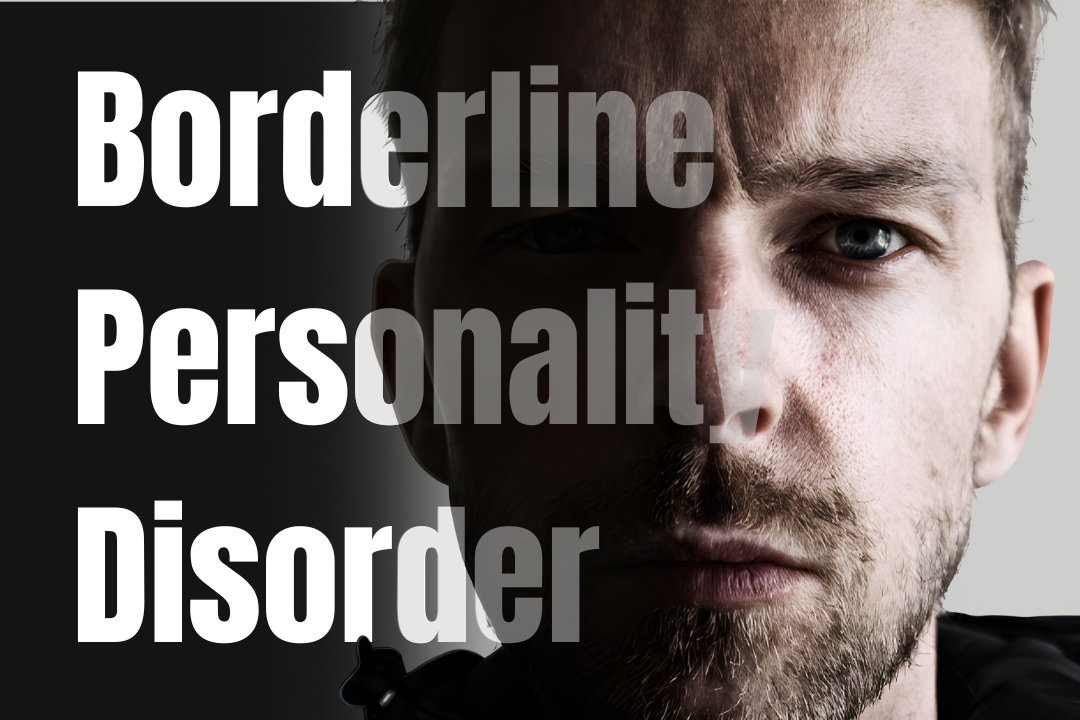Borderline Personality Disorder (BPD) is recognized by a scope of enduringly conflicting behaviors, feelings, mental self portrait, and social relations. It is challenging for individuals who have Borderline Personality Disorder (BPD) to keep up with stable connections, oversee serious sentiments that come suddenly and find it hard to get a handle on their feelings. To actually oversee and uphold individuals with BPD, it is essential to know about the causes, side effects, and treatment of this condition.
Causes of Borderline Personality Disorder: Since the specific etiology of BPD isn’t deeply grounded, it is conceivable that a mix of neurological, ecological and hereditary variables assumes a part.
Molecular Predisposition: There is proof to help the speculation that BPD might have a genetic part, considering that sickness regularly runs in families. Be that as it may, explicit qualities associated with the illness are as yet unclear.
Environmental Factors: Adolescence injury, like maltreatment, relinquishment, or disregard, is frequently connected to the rise of borderline personality behaviour (BPD). These encounters might prompt the improvement of undesirable survival techniques and the hindrance of close to home control capacities.
Neurological Factors: Studies have shown that individuals with Borderline Personality Disorder(BPD) have changed cerebrum morphology and capability, especially in regions connected to feeling guideline and motivation control. Synapse issues, including those including norepinephrine, dopamine, and serotonin, may likewise bring forth the condition.

Symptoms of Borderline Personality Disorder:
However they could fluctuate enormously from one individual to another, BPD side effects normally show up in numerous significant spaces:
Serious Feelings:
Outrage, nervousness, and sorrow are only a couple of the overwhelming inclinations that individuals with BPD habitually experience. They also change quickly. For sure, even evidently immaterial things could set off these opinions, which can be challenging to control.
Shaky Connections:
One attribute of BPD is trouble supporting stable connections. The romanticizing and degrading of connections can be displayed by people, which can bring about repetitive contentions, separations, and relational brokenness.
Twisted Mental self portrait:
People determined to have Borderline Personality Disorder(BPD) much of the time experience a misshaped healthy self-awareness, portrayed by character disturbance, uselessness, and void. They could experience difficulty grasping their own personalities, values, and yearnings.
Incautious Way of behaving:
Substance abuse, reckless driving, voraciously consuming food, and self-hurting are instances of perilous and hasty ways of behaving that are regularly shown by individuals with BPD. Regularly, these activities are maladaptive survival methods used to manage unmistakable inclinations.

Self-Damage and Self-destructive Ideation:
Individuals with BPD oftentimes participate in self-hurting ways of behaving as a survival strategy for profound uneasiness, like consuming or cutting. Self-destructive considerations and acts are similarly difficult issues, particularly in the midst of outrageous difficulty.
Constant Sensations of Vacancy:
Many individuals with Borderline Personality Disorder(BPD) portray having serious areas of strength for an of internal void and tireless sensations of vacancy, which adds to their overall wretchedness and discontent with life.
Treatment of Borderline Personality Disorder:
An intensive methodology that integrates psychotherapy, medicine, and backing is generally essential for successful therapy of Borderline Personality Disorder(BPD):
Psychotherapy: The most widely read up and proposed psychotherapy for BPD is rationalistic conduct treatment (DBT). The main objectives of DBT are to illustrate methods for feeling in control, being flexible with inconveniences, being socially pragmatic, and being kind. Other therapeutic approaches, such as Mentalization-Based therapeutic and Example Treatment, might offer further benefits.
Medicine: Even if prescription medication is not the main treatment for borderline personality disorder (BPD), it can help reduce some of its adverse symptoms, such as impulsivity, anxiety, and depression. Psychotherapy might be suggested related to state of mind stabilizers, antipsychotics, and antidepressants, in light of the particular requirements of every patient.
Steady Administrations: A pivotal wellspring of help and approval for individuals with BPD can be found in peer support gatherings, for example, Rationalistic Conduct Treatment Abilities Preparing gatherings.
.
Bipolar disorder (BPD) is a complex and challenging psychiatric health disease that needs to be treated carefully. Through understanding the reasons, effects, and available medications, people may manage side effects, find strategies to adjust to emotions, and feel truly fulfilled and reassured.








0 Comments